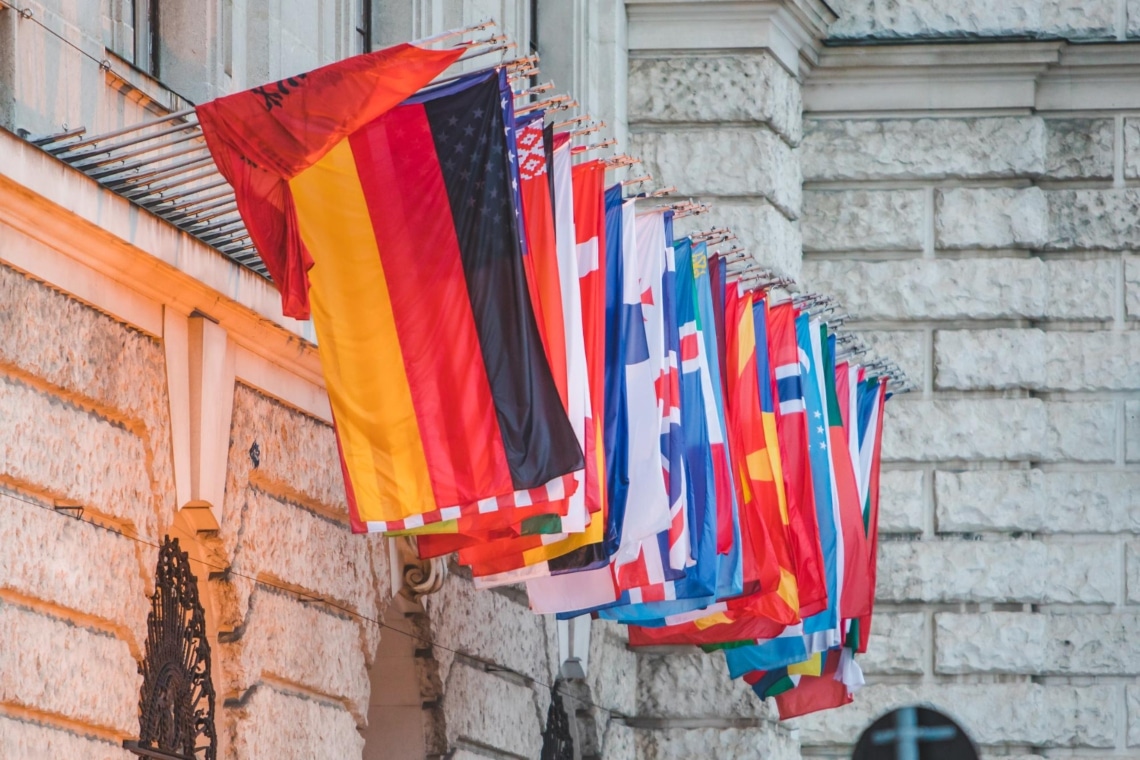According to the former Governor of the Central Bank of Ireland and ECB executive board member, there is no doubt, inflation will return to 2%.
JUST IN: 🇪🇺 ECB member Philip Lane says they’ll ensure inflation returns back to 2%.
— Watcher.Guru (@WatcherGuru) October 11, 2022
Summary
ECB’s Philip Lane is providing reassurance regarding inflation
The big problem which goes by the name of Inflation has arrived, clearly visible from afar despite the fact that central banks around the world, most notably the US central bank, had downplayed the extent of the damage it would bring by labeling it as an impasse that would be momentary and minor.
The underestimation soon led the Federal Reserve and the ECB to do their mea culpa and hastily retrace their steps, which is how aggressive monetary policies have been implemented from the beginning of the year to the present, especially west of the Atlantic Ocean.
The Central Bank of the United States of America to the tune of raising rates by 75 basis points, buoyed by a US economy that is enjoying better health than the realities of the rest of the world, is managing to achieve some comforting though not decisive results.
Pending the new data, inflation seems to have been contained but it has not yet been possible to bring it back to acceptable values around 3%, which is the threshold at which the US Central Bank has repeatedly set its target.
What Brussels is aiming for is far more challenging than its overseas cousins’ target; the goal set by the ECB is to bring inflation back to 2% with two substantial differences.
The first difference concerns the economic fabric of Europe, which is much more fragile than that of the US, except for Germany, which is the leading economy in the old continent, the other countries are trudging along.
Unemployment is at an all-time high in most European countries, and the savings accumulated during the pandemic period now seem to have evaporated. This has led citizens to lean toward the consumption of basic necessities and savings, which, however, is being eroded by high energy prices and the price increase of hydrocarbons.
The other important difference is that while the US economy, which accounts for 20% of the world economy, has raised rates by 325 basis points, Europe is stuck at 125 basis points (one by 50 points in July and the last by 75), partly due to the uncertain behavior of Lagarde harshly criticized by the hawkish Lane.
Lane with an interventionist policy contrasts with the indecisive leadership of current ECB President Christine Lagarde.
Exponents discuss how to fight inflation
In contrast to the newly appointed British PM Liz Truss, who had favored cutting taxes on high incomes by undermining British policies on fighting Inflation (according to Brussels), they put forward the idea that inflation is actually a tax, the most regressive of taxes and therefore should be fought as such.
Interviewed at the microphones of Der Standard (a leading Austrian daily), Lane said the following:
“The energy shock we are experiencing is enormous. It is the poorest people in our society who are most affected. From an equity point of view, but also from a macroeconomic perspective.”
Philip R. Lane, a 53-year-old Irish pro-Draconian since his time as president of the European Central Bank, was the proponent of the Pepp (Pandemic Emergence Purchase Plan) drafted immediately after the pandemic.
The executive head of the ECB board wonders whether:
“I wonder if it shouldn’t be funded by tax hikes for the wealthiest. These can be higher taxes for the highest incomes or for industries and companies that are highly profitable despite the energy shock. need and this is financed through higher taxes, this has less impact on inflation than if the deficits were enlarged excessively.”
The deficit as a good economist of the Keynes school believes that deficits should be fielded with a specific target that makes sense from a tactical point of view.
In the short run it will be difficult to avoid increasing the deficit, he comments:
“But there has to be a clear time limit. This is important for monetary policy. This year is a special case as pandemic spending is normalizing. The economy has reopened and many pandemic-related subsidies have expired. Therefore, we are not seeing major new deficits this year. It will be more of an issue for next year, to ensure that the deficit continues to improve rather than remain stuck at the current level. This does not mean moving towards austerity, but simply moving away from it. expansive policy.”
If Lagarde’s monetary policy is slow and half-hearted, the one toward which Chief Executive Philip R. Lane is pushing is of a different stamp.
For the hawk, it would be desirable to tax the excellences of the European Union, all those companies of significant size that have been most virtuous despite the storms of the economy, and with them the upper middle classes so that the deficit can be used only and solely as a measure of social equity to support the poorest families already tested by the economic crisis and pandemic by applying time-limited but decisive supports.
Philip Lane’s idea
The approach taken by Lane is essentially opposite to that of Truss that brought so much upheaval to the markets last month.
Despite the board member’s excellent intentions, France and Germany also go against these policies having approved one after the other a €200 billion and a €100 billion plan aimed at economically supporting (thus deficit) household and business bills.
In Italy there are rumors of a €50 billion allocation, but with a mandate to form the government yet to be assigned by the head of state, Sergio Mattarella, the strategies to be discussed remain only hypotheses even if Confindustria would have liked the idea and will push in this direction.
By the end of the year, the ECB has said it is open to the possibility of another rate hike, and we will see if the move will be well received by the markets and especially if it will have an impact on inflation. Lane remains at the window, and if Lagarde fails, he is a full candidate for the top chair at the European Central Bank.
In the meantime, 2% inflation is a long way off and while waiting for a move from Brussels, markets are betting on some good initiatives from individual countries.




